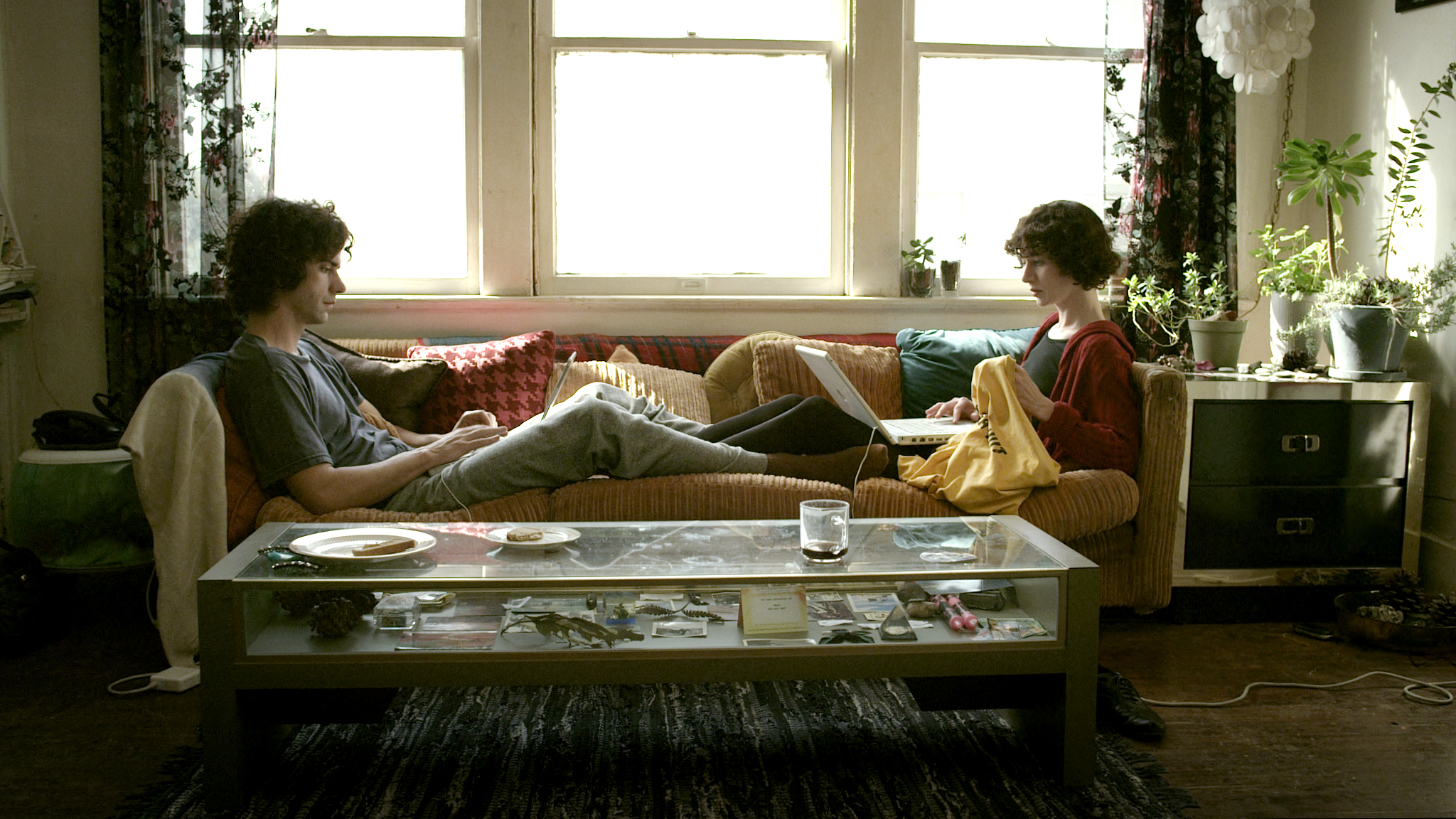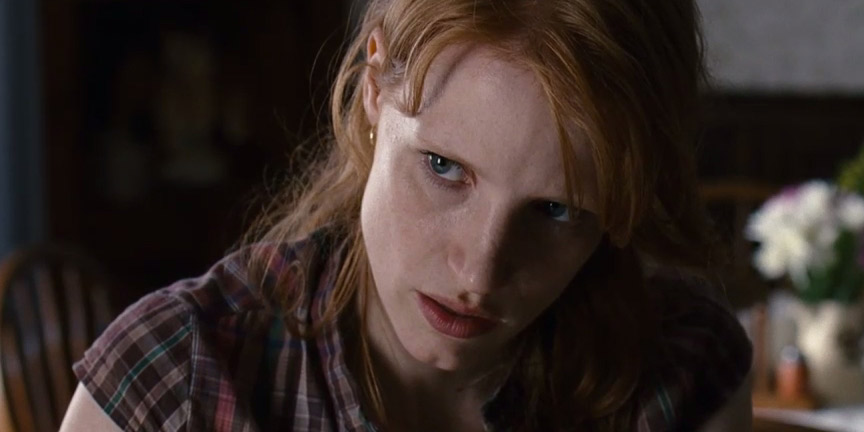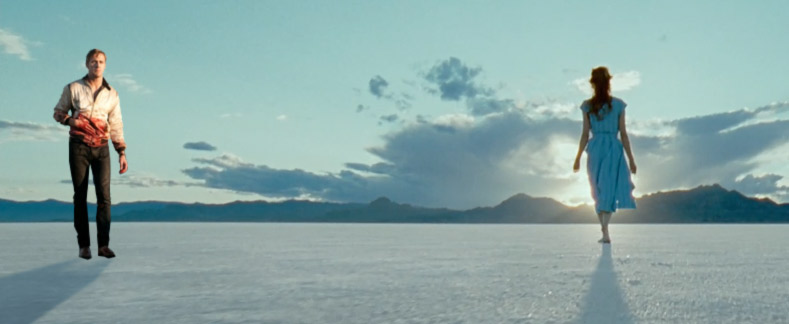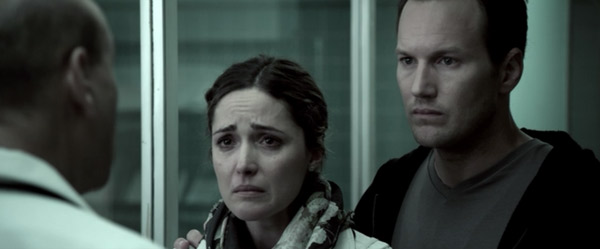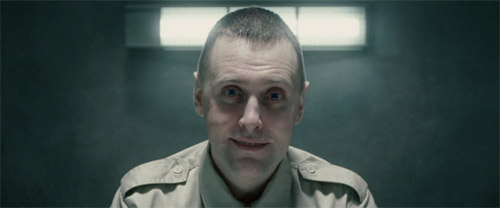Tuesday Top Ten: Memo to AMPAS
 Tuesday, December 27, 2011 at 6:33PM
Tuesday, December 27, 2011 at 6:33PM  Oscar ballots left the Academy offices today on their way to the 6,000+ members of the Academy of Motion Picture Arts and Sciences. If you must concern yourself with the math of Best Picture voting, here is how it works. I've always found that the discussions of hard but unknowable facts like voting percentages (no one but the accountants see them) and the math and statistics that surround them obscure the more telling aspects of like mood and buzz. Those are equally invisible things but way more honest about their own unknowability.
Oscar ballots left the Academy offices today on their way to the 6,000+ members of the Academy of Motion Picture Arts and Sciences. If you must concern yourself with the math of Best Picture voting, here is how it works. I've always found that the discussions of hard but unknowable facts like voting percentages (no one but the accountants see them) and the math and statistics that surround them obscure the more telling aspects of like mood and buzz. Those are equally invisible things but way more honest about their own unknowability.
Anyway, sorry to distract with math. Here are the top ten things we'd respectfully like to say to AMPAS members today as they mull over their abundant choices. We may contradict ourselves a few times but so it goes in Oscar season.
TEN IMPORTANT MESSAGES FOR OSCAR VOTERS
10 We Feel For You Even When We Complain!
It's true that you can't please everyone. That's especially true if you are making decisions that millions of people are invested in even when they claim not to be. Thick skin is handy. We assume you have it when people like us start storming the castle. (If we didn't love you we wouldn't care... so stop freaking out about your relevancy)
09 Take Your Time. Watch a Few More Movies.
You have until January 13th to turn in your ballot. Yes, it sucks that at least a hundred screeners arrive between November and now assuming you have nothing better to do during the holidays than prop open your eyes with toothpicks for a marathon session. I don't want to overwhelm you further with more options so I will only boldly suggest a triple feature before you send off your ballot: A SEPARATION, BEGINNERS and MELANCHOLIA. These three films -- and several others -- won't get as much press as the bigger name movies they're superior to (*cough* You Don't Need To Horse Around With The Girl With the Iron Lady Tattoo) but that doesn't mean you shouldn't vote for them! I single them out because they're good, under-discussed and I know you have the screeners.
[Update: You don't have the screener but CERTIFIED COPY is on Netflix Instant Watch so do yourself the favor. (Whoops that's a quadruple feature!)]
08 Vanessa Redgrave in Coriolanus
You also might want to give Coriolanus a whirl too to see why some people are so excited about Vanessa Redgrave again. It's been kind of a great year for actresses and actors of a certain age (Best Actress and Best Supporting Actor may both skew the oldest ever). But don't throw that particular theme party at the Kodak and forget to invite the best one! That would be... weird.
 "you are not my son"
"you are not my son"
07 On the other hand... consider rejecting the one-week qualifiers altogether.
We're not sure what went wrong in 2011 but the one-week qualifier shenanigans went viral this year. There were more of them than ever. Too many films are screaming "screw you!" at audiences and only courting YOU. This is not healthy for the cinema which is meant to be an art form for the masses. If you've ever worried about charges of elitism consider rejecting them entirely.
peek-a-boo releases, combating genre bias, and sticking it to loudmouth pundits after the jump!



